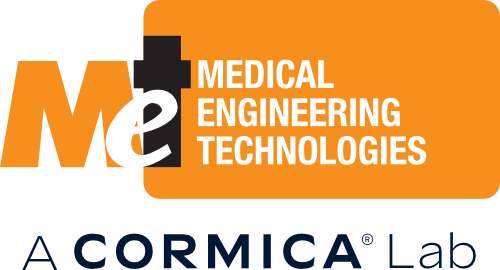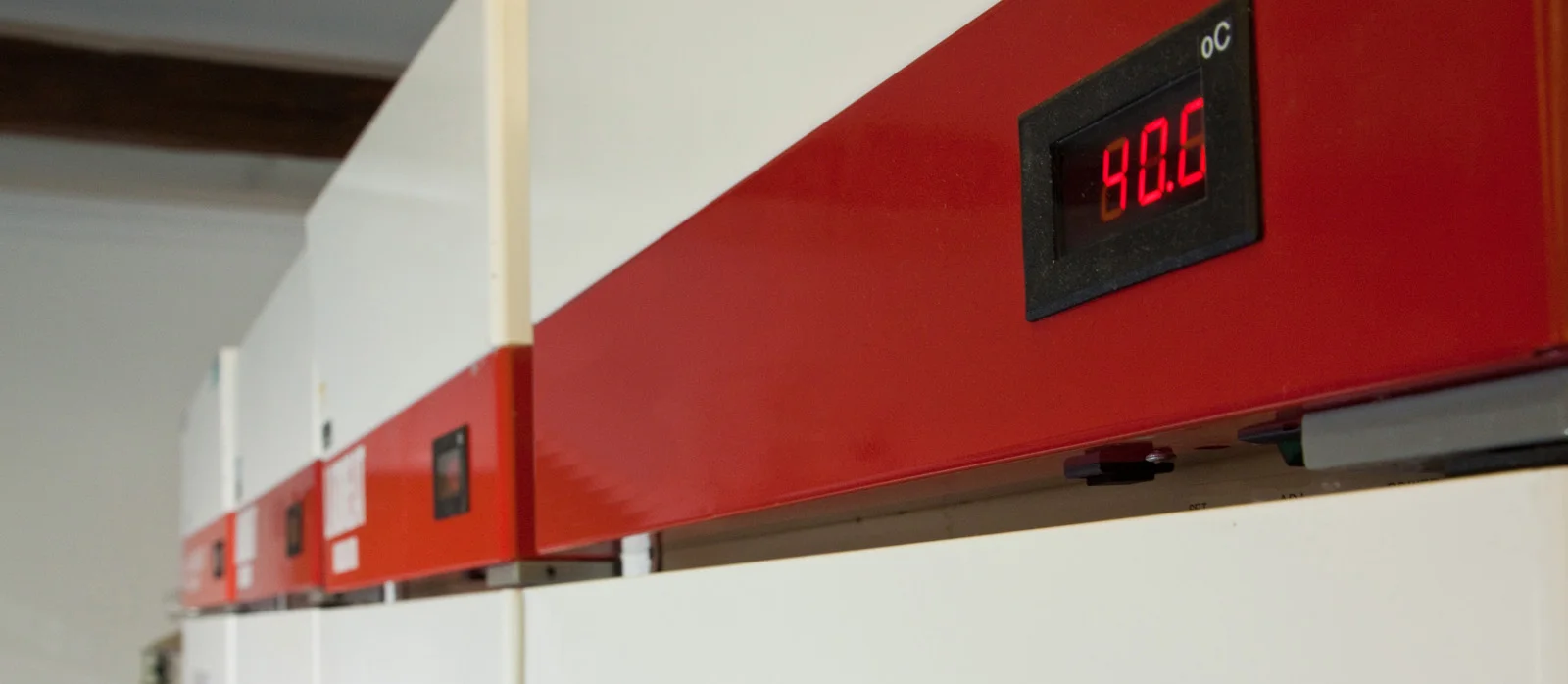Implanted metals, ceramics and plastics should all be investigated for the release of degradation products into the body. This applies to CE marking and US market design verification. MET's technicians have experience in conducting these analyses on both active and passive implants.
The studies are applicable to ocular, orthopedic, aural, cardiac, dental, and all implanted devices. During testing, the devices are stored and agitated in a variety of degradation fluids, at elevated temperatures, for an extended period. Any solid materials and solutes produced during the degradation process are then identified in a variety of chemical analyses (eg: LC-MS, ICP-MS). These analyses look for metals as well as organic and inorganic compounds and assess their quantity and make-up. Extracts from the devices are also analysed at several time intervals. The tests may also be applied to other devices, such as those which pass through the digestive tract.
Biological safety testing standards for assessing the degradation of medical devices in the body include:
ISO 10993-13:
Biological evaluation of medical devices Part 13: Identification and quantification of degradation products from polymeric medical devices
ISO 10993-14:
Biological evaluation of medical devices Part 14: Identification and quantification of degradation products from ceramics
ISO 10993-15:
Biological evaluation of medical devices Part 15: Identification and quantification of degradation products from metals and alloys
These services form part of the complete design verification program available from MET. This includes Risk Analysis, Performance Testing, Stability Studies and Biological Safety Testing.

